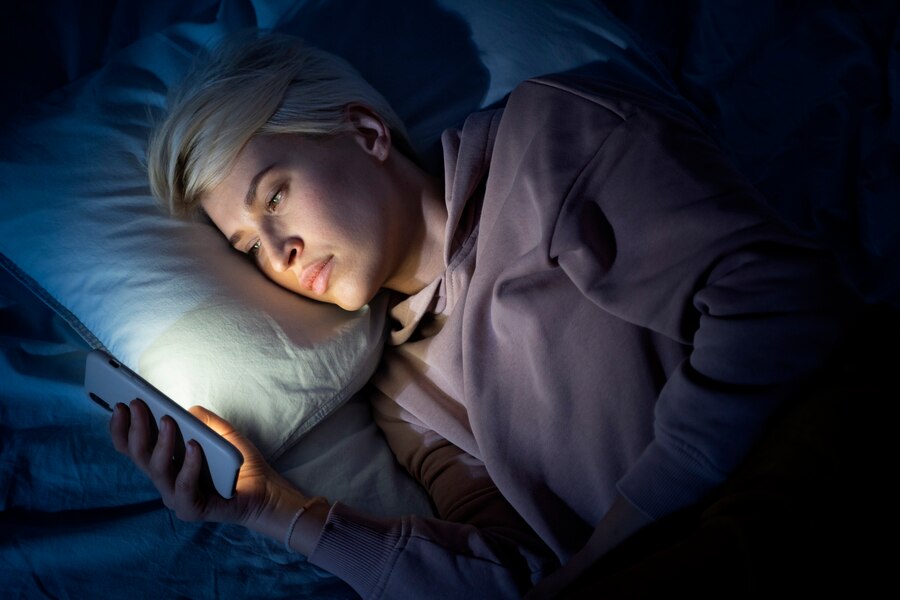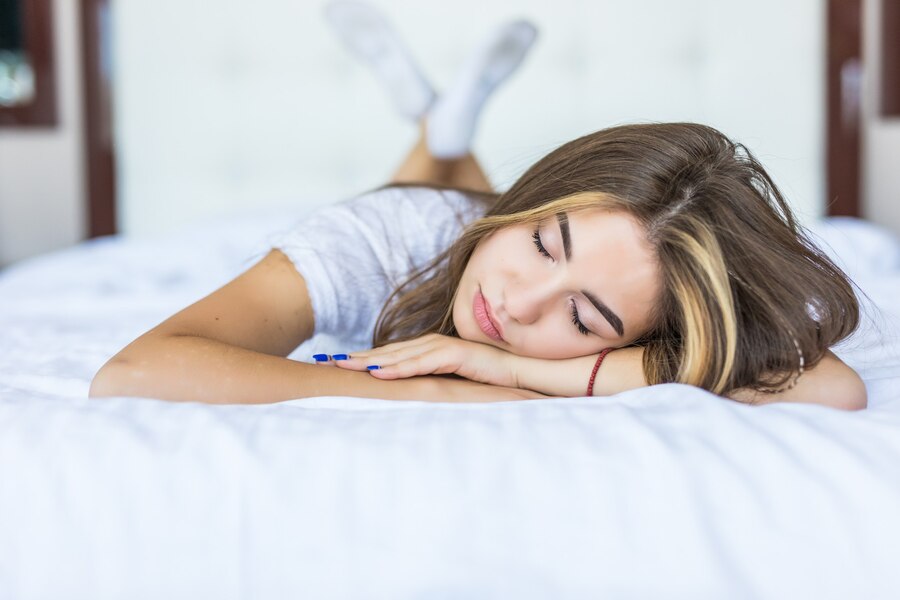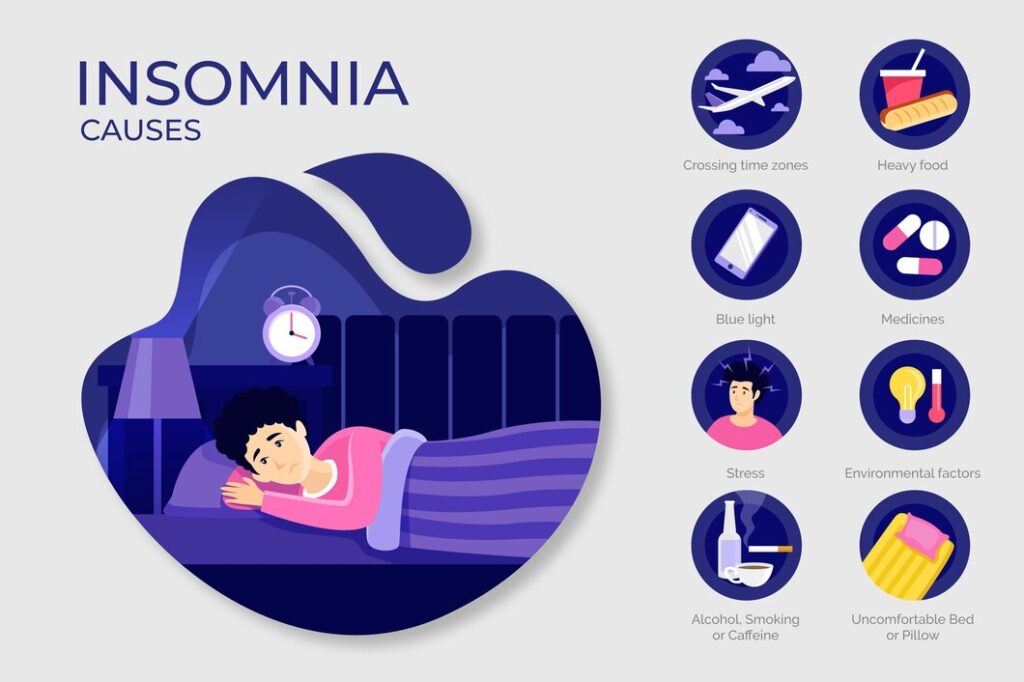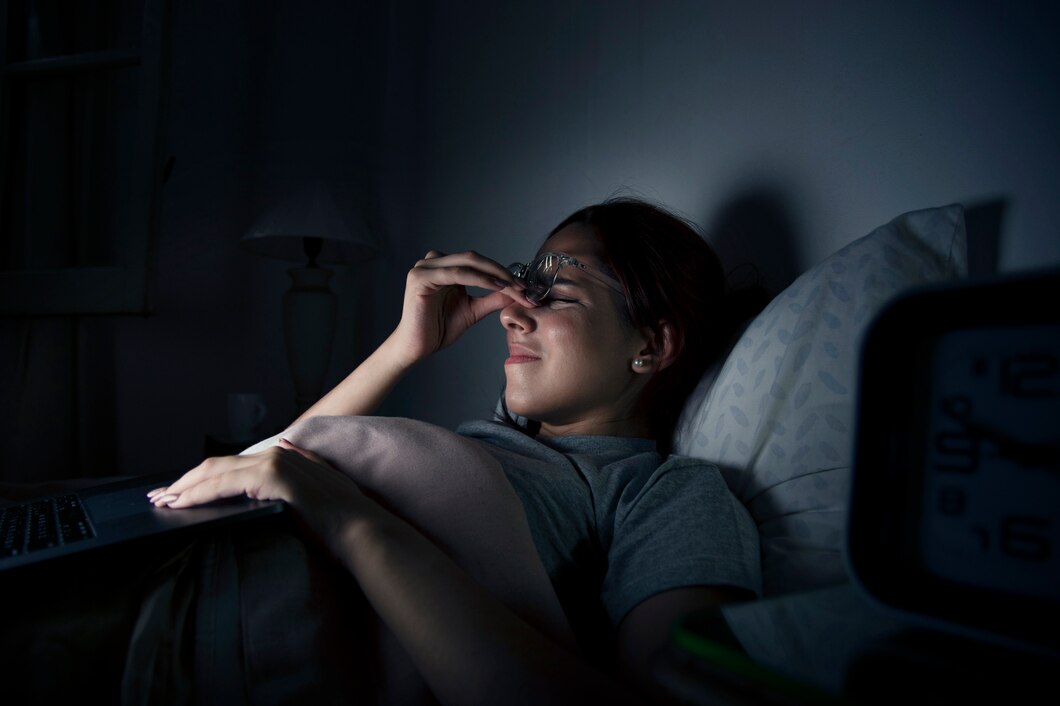Table of contents
Quality sleep is essential to overall health, yet millions of people struggle with sleep disorders like insomnia, sleep apnea, and restless leg syndrome. With conventional sleep aids often leading to dependency or grogginess, many are turning to natural alternatives like CBD. In recent years, CBD for sleep has become an increasingly popular option among those seeking better rest without harsh side effects.
Cannabidiol (CBD), a non-intoxicating compound derived from the hemp plant, interacts with the body’s endocannabinoid system (ECS)—a regulatory system that influences mood, pain, appetite, and, importantly, sleep. By supporting balance in the ECS, CBD may offer a natural solution for those suffering from poor sleep quality or chronic sleep disorders.
Let’s dive deeper into how CBD for sleep works, the types of sleep disorders it may help with, and how to find the right product and dosage for your needs.
How CBD Supports Better Sleep

CBD does not act as a traditional sedative. Instead, it helps regulate sleep by reducing factors that may interfere with it—like anxiety, chronic pain, or an overactive mind. Research has shown that CBD can influence serotonin receptors and GABA (gamma-aminobutyric acid) activity in the brain, both of which are essential for calming the nervous system.
By easing stress and encouraging a state of relaxation, CBD can support:
- Faster sleep onset
- Longer periods of deep sleep
- Fewer nighttime awakenings
- Reduced grogginess in the morning
CBD for Common Sleep Disorders

1. Insomnia
Insomnia is characterized by difficulty falling asleep or staying asleep. It’s often linked to stress or anxiety. CBD may help relax the body and mind, allowing for a more natural transition into sleep.
2. Sleep Apnea
Although more research is needed, early studies suggest CBD might help regulate serotonin levels, which are involved in airway stability during sleep. CBD may also reduce inflammation in the airways, a common issue in sleep apnea.
3. Restless Leg Syndrome (RLS)
RLS causes uncomfortable sensations in the legs that disrupt sleep. CBD’s muscle-relaxing and anti-inflammatory properties may help alleviate these symptoms, improving sleep quality.
4. REM Sleep Behavior Disorder
This condition causes people to act out vivid dreams during REM sleep. Small studies have shown CBD to reduce the frequency and severity of these episodes, offering promise for those affected.
Choosing the Right CBD Product for Sleep

When using CBD for sleep, product selection is critical. Here are some of the best options:
- CBD Oil Tinctures: Fast-acting and easily absorbed. Take sublingually (under the tongue) 30–60 minutes before bed.
- CBD Gummies or Edibles: Slower to absorb but provide longer-lasting effects. Ideal for staying asleep.
- CBD Capsules: Convenient and pre-measured, great for those who prefer not to taste CBD oil.
- CBD Sleep Formulas: Some tinctures and gummies are enhanced with melatonin, chamomile, or CBN (cannabinol), which may further support sleep.
Always choose high-quality, third-party tested products to ensure purity and potency.
Recommended Dosage of CBD for Sleep
CBD dosing for sleep varies widely depending on body weight, metabolism, and sleep issues. A good starting range is 25–50 mg of CBD, taken about an hour before bedtime. If needed, you can gradually increase the dosage every few nights until optimal results are achieved.
It’s important to start low and go slow—especially if you’re new to CBD. Some people experience immediate improvements, while others may need a week or more of consistent use to feel the full benefits.
What Research Says About CBD and Sleep
Though research is still ongoing, some promising studies include:
- A 2019 study in The Permanente Journal found that 66.7% of patients taking CBD experienced improved sleep after just one month.
- A 2014 review on CBD’s neuroprotective properties also noted positive effects on REM sleep behavior disorders.
- A 2017 review of cannabinoids and sleep concluded that CBD may hold therapeutic potential for treating insomnia and other sleep-related conditions.
5 Frequently Asked Questions About CBD for Sleep
Most people feel the effects within 30 to 60 minutes, especially when using tinctures or vapes. Edibles and capsules may take 1–2 hours to kick in but offer longer-lasting benefits.
Yes, CBD is safe for daily use. In fact, consistent use tends to yield better long-term results. Always consult your doctor if you’re taking other medications.
Full-spectrum CBD contains other cannabinoids and terpenes that may enhance effects through the entourage effect. Many users find this more effective for sleep than isolate.
Most people do not experience a “hangover” effect from CBD. In fact, it’s known for helping users wake up feeling refreshed. However, higher doses might cause drowsiness in some.
Yes, many CBD sleep products contain melatonin, which can work synergistically with CBD to improve sleep onset and duration. Just monitor your reaction to avoid excessive drowsiness.
Final Thoughts on CBD for Sleep
Whether you struggle with chronic insomnia, occasional restlessness, or stress-induced sleeplessness, using CBD for sleep may offer a gentle and natural path to better rest. The key is finding the right dosage and product type that suits your needs. With consistency and care, CBD can become a valuable tool in your nightly wellness routine.
If you’re considering CBD as a sleep aid, always choose trusted brands, start with a small dose, and consult a healthcare provider—especially if you’re already taking medications or managing other conditions.
Sweet dreams and better nights may just be a few drops away.





